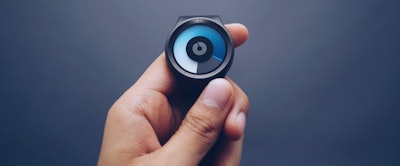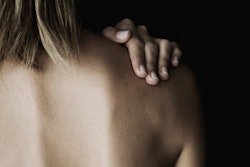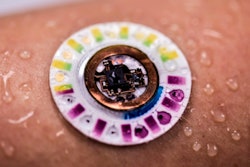
Detecting anxiety and depression in children can be challenging since they often lack the communication skills to articulate their feelings. The good news is, a recent Healthcare Analytics News article says wearable sensors can help diagnose these issues. A new study pitted a wearable sensor and algorithm against standard parent questionnaires to see which detected internalizing disorders better in children ages 3-8. The former outperformed the latter with 81% accuracy.
The results of the study give hope to a new form of diagnostics with wearables. Ellen McGinnis, co-author of the paper and Ph.D. at the University of Vermont, said the technology could be used to detect and diagnose other conditions such as autism, eating disorders, and mania. Her co-author noted that it’s important to identify children with internalizing disorders early in development so that they can receive care while their brains are still developing, when treatment is most effective.






















